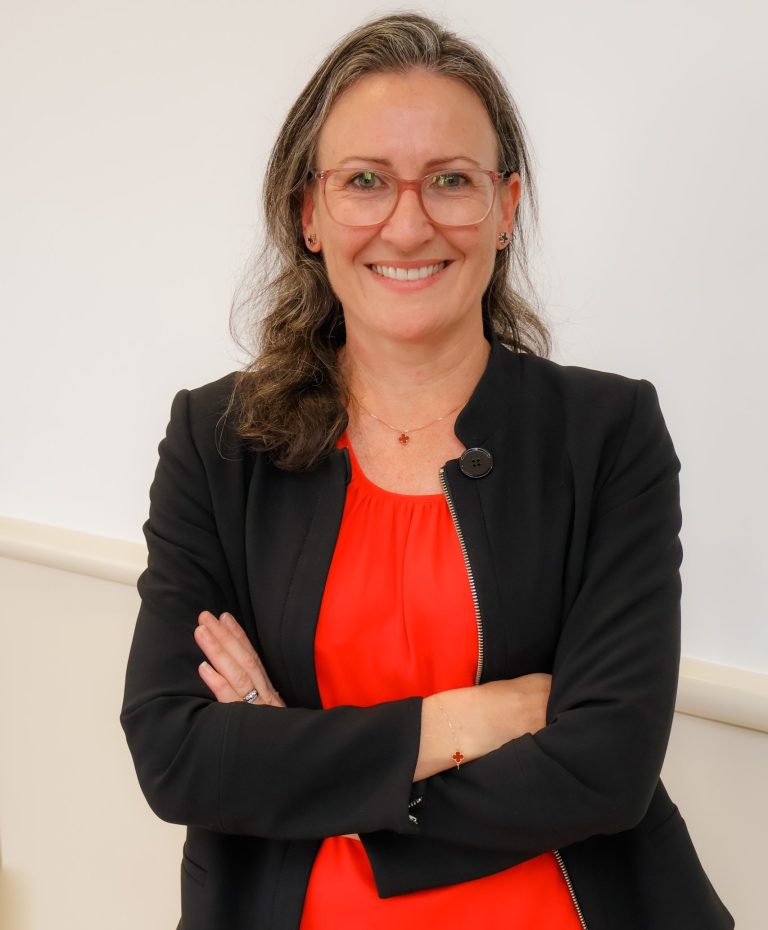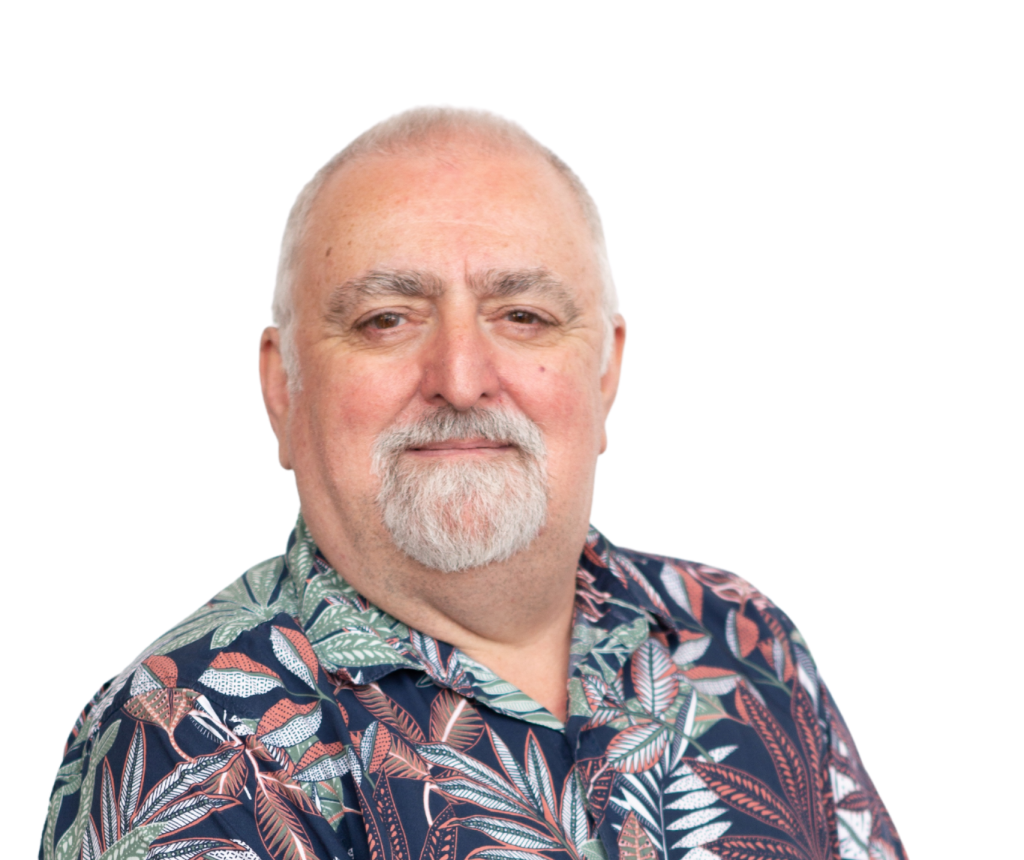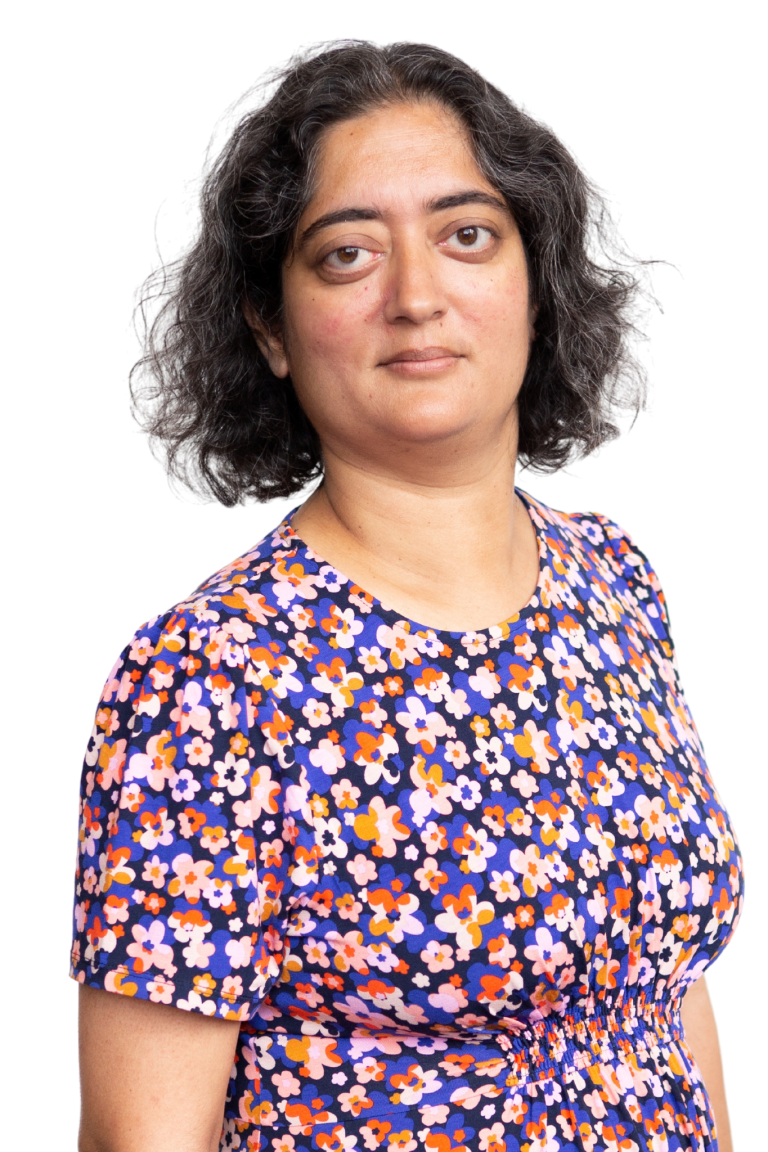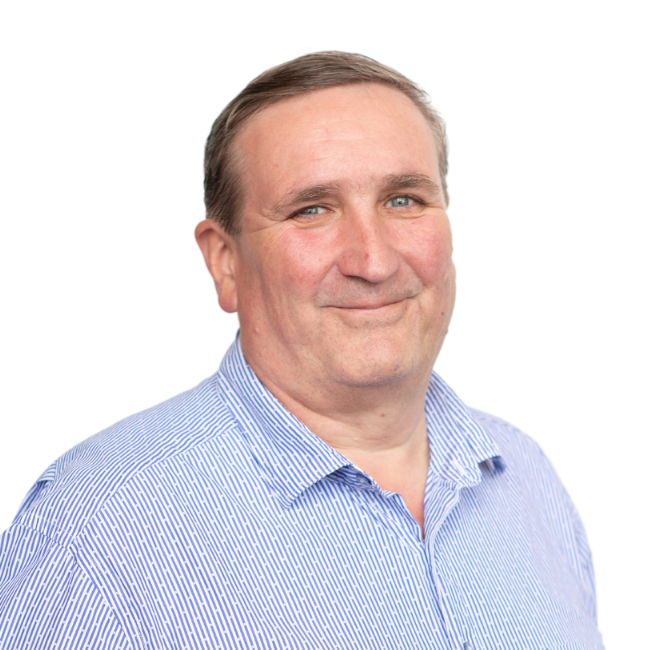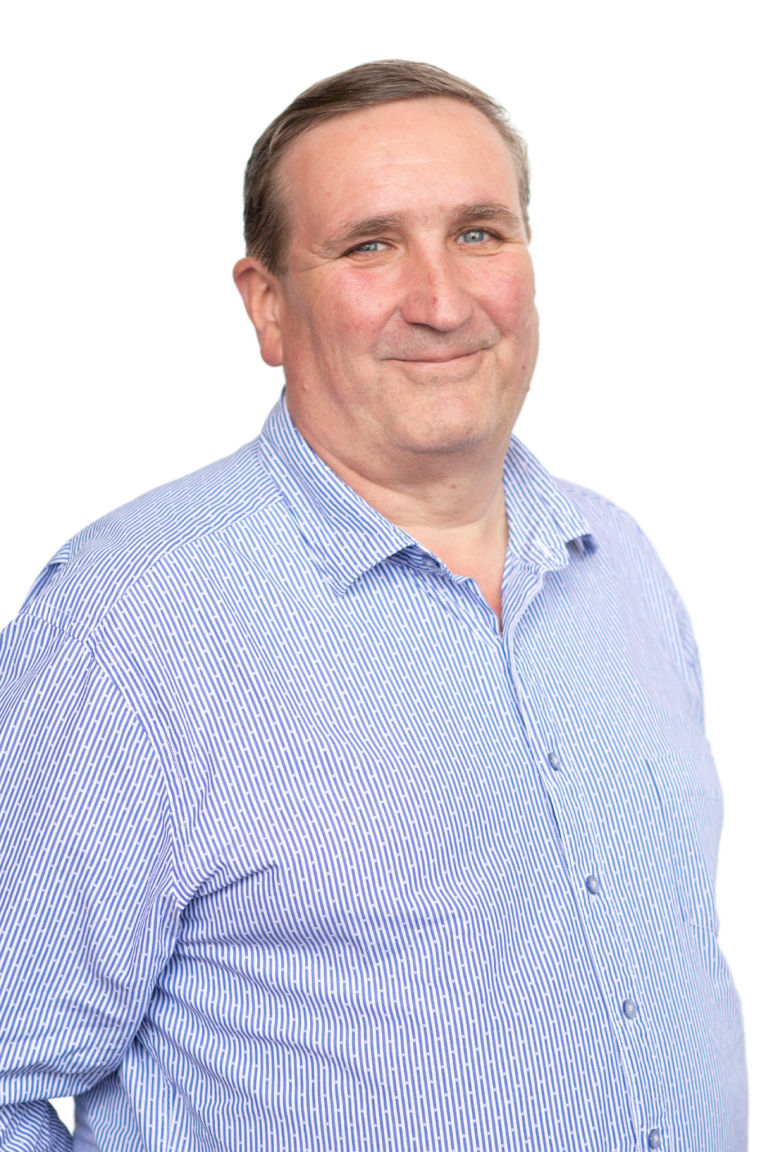It’s a little difficult to perceive the changed interpretation of unchanged state legislation as anything other than general practice being lobbed around as a political football. There are a lot of practices running scared – especially training practices, where payroll tax is already applied to the salaries of GPs in training, putting us in the spotlight as ‘payroll’ calculations will be expected to expand to all the other GPs in our practices including those ‘independent’ practitioners contracting the practice for services, rooms etc.
Some states (Queensland and SA) have offered payroll tax amnesties, and of course there’s been quite a bit of noise about the ACT’s offer of ‘conditional’ amnesty: hingeing on a pledge by practices to bulk bill 65% of their patients. Other jurisdictions have not offered any notion of relief, such as NSW and Victoria, and I’m in two minds about this. I personally am very concerned that the term ‘amnesty’ implies an admission of guilt, much as the concept of ‘exemption’ makes the liability seem beyond challenge. And retrospective application? That has the very real potential of crippling primary healthcare – and in turn our entire health system – across this country.
Benjamin Franklin (that man on the USD $100 note) gave us the saying about death and taxes, and yes, it applies equally now as it did more than 2 centuries ago: one way or another, this seemingly unjust tax will hit us as GPs, and it will change the profession as we now know it.
I hope and pray that this situation will not deter high quality practices from training the next generation of high quality GPs. This has the potential to even further derail the pipeline of young doctors into this specialty. We already have fewer registrars than training positions and we need to be encouraging entry into general practice, not allowing state governments to sabotage it.
What is key here is that everyone should really be seeking expert advice as to their next steps in line with their own individual circumstances. And then we should be activating the power of our voice as a community of practice. We know the RACGP and AMA are fronting up to the state governments to tackle this issue, and they have had some real wins along the way. But do you as supervisors and training practice owners / managers feel like your voice is being heard in these discussions?
GPSA members are the last bastions of high quality, independent primary healthcare. We as individuals and businesses are responsible for roughly 85% of the training required for a doctor to achieve fellowship in general practice. We can make or break the medical student / prevocational doctor’s passion for this specialty, which often comes down to how often we denigrate ourselves as “just GPs” and how much of our stress over the sustainability of what we do seeps into our trainee interactions.
On the flip side, we are substantial in number; but, instead of activating this as a community of practice working together to advocate with one voice, we are either putting our energy into complaining as lots of separate individuals on Facebook / LinkedIn, or burying our heads in the sand… waiting for someone else to do something about it. By rallying together, we can use our undeniable powers of reasoning and deduction to strategise and problem-solve, to plan and find a way forward that doesn’t compromise our values, reputation, or financial stability.
For our part, we continue to work with GPRA, building on the relationship forged through the NTCER review process last year to strengthen the understanding that our memberships represent the two sides of the GP training coin – that we are not just investing our time and energy in short-term workforce but potentially our future colleagues and maybe even business partners. We are shoring up areas of alignment in terms of advocacy, research and education and undertake regular meetings jointly, in particular with state health departments around upcoming Single Employer Model (SEM) pilots, trying to guide and offer assistance as we can. It’s great to report that our offers of help are being well received – and our views on embedding quality training and ensuring unintended consequences of these individual arrangements don’t do more damage to general practice and the communities that rely on its sustainability are also being heard.
Carla and I also find great value in our regular meetings with both Colleges, where we have the opportunity to advocate strongly for GP supervisors and practice teams and offer our assistance as a sector conduit to keep the changes through this ongoing training transition on track from our members’ point of view.
We are also meeting with the Commonwealth monthly, which is a terrific platform for this community of practice to have a voice. It is in this forum that we have been able to express that reality that even the goodwill embedded in “My Medicare”, and other Commonwealth strategies being implemented with all the best intentions, are being tainted by the jurisdictional payroll tax ‘attack’. An interesting fact is that if a practice has payroll taxes of significant levels, then these are a tax deduction that reduces what the ATO would otherwise receive from that business. When I suggested that Treasury may be interested in this at one of our recent GPSA / DOHAC meetings, eyebrows were certainly raised!
So you see we have been nurturing a range of relationships across the sector to voice your concerns and solutions. It’s just so important to remember that together we can make a real difference.
Virtually we are bringing our members together through the GPSA Community initiative, and now we are rolling out our face-to-face member networking events starting with Brisbane on Wednesday 20th September. Nothing fancy, just a chance to catch up with your peers and chat with us about the things that matter to you. You can read more about this, and a whole lot of exciting opportunities and updates, in this month’s e-newsletter. And then you can start a conversation with us and with your colleagues via GPSA Community, and help shape the powerful voice this community of practice needs to activate.

